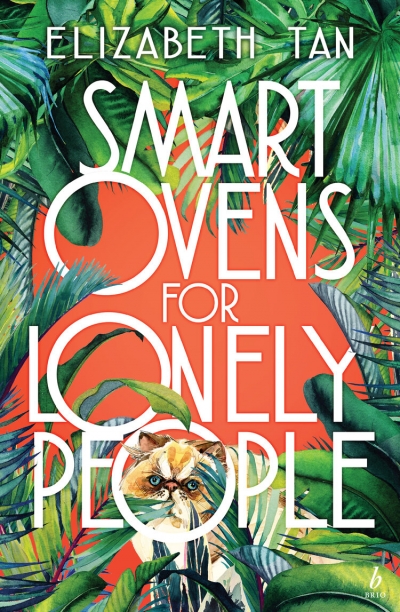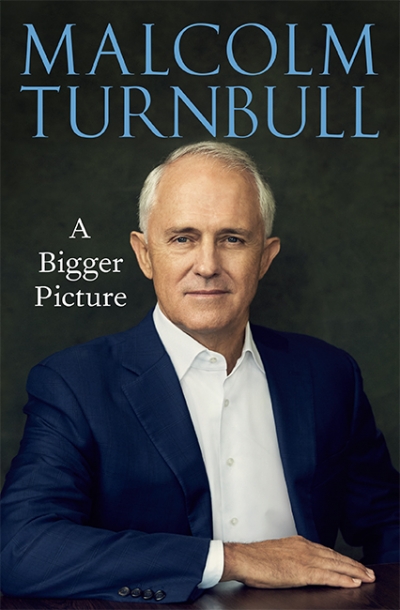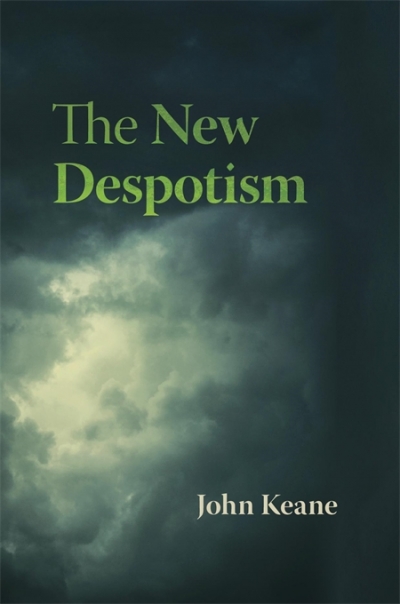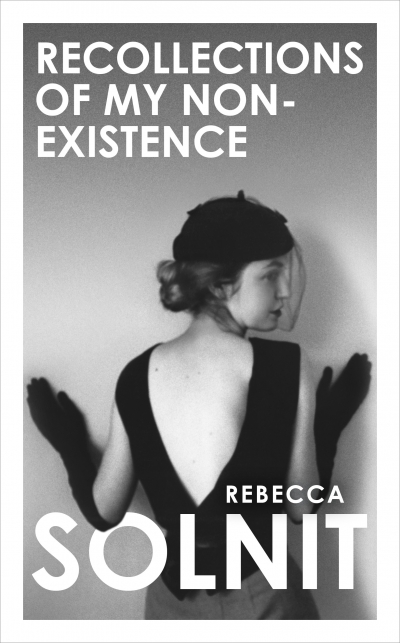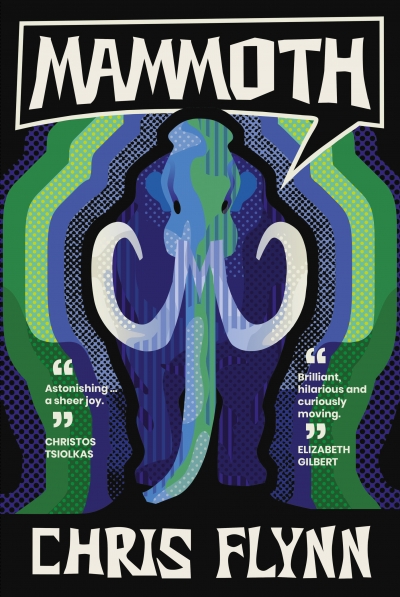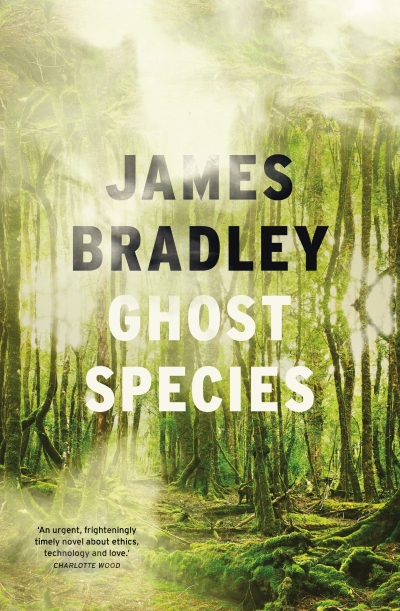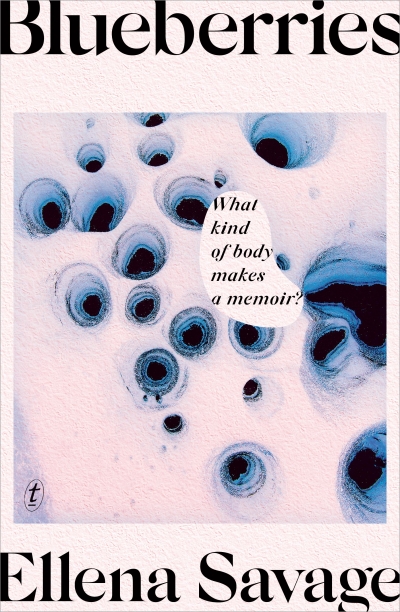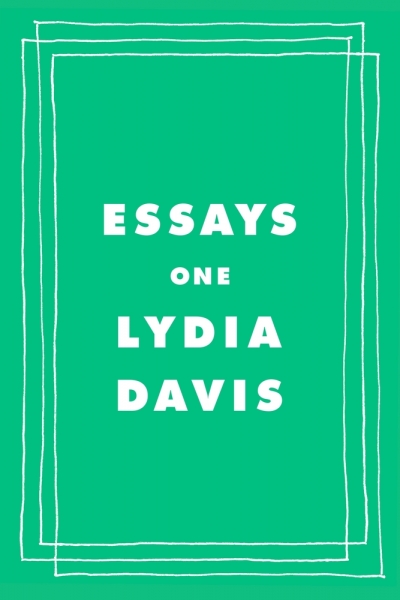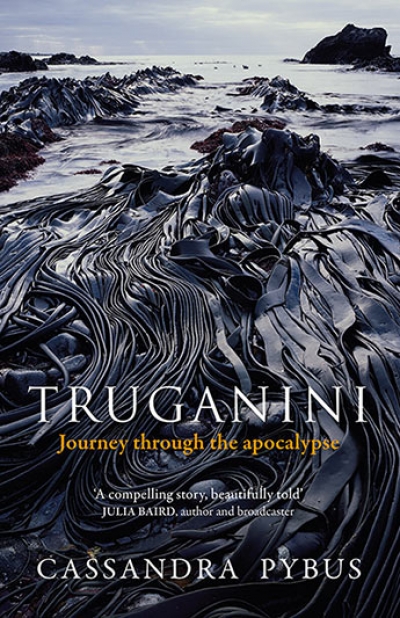Book of the Week
Sign up to Book of the Week and receive a new review to your inbox every Monday. Always free to read.
Recent:
Though its origins are unknown, the earliest sense of the word ‘quirk’ was as a subtle verbal twist or a quibble. Over time, its definition has become more nuanced: a quirk now also refers to a person’s peculiar or idiosyncratic traits, chance occurrences, and sudden, surprise curves appearing on paths or in facial expressions. Quirks can also be accidents, vagaries, witty turns of phrase.
... (read more)Malcolm Turnbull looks us straight in the eye from the cover of this handsome book, with just a hint of a smile. He looks calm, healthy, and confident; if there are scars from his loss of the prime ministership in August 2018, they don’t show. The book’s voice is the engaging one we heard when Turnbull challenged Tony Abbott in July 2015 and promised a style of leadership that respected people’s intelligence. He takes us from his childhood in a very unhappy marriage, through school and university, his astonishing successes in media, business, and the law, his entry into politics as the member for Wentworth, and ends with his exit from parliament.
... (read more)John Keane is Australia’s leading scholar of democracy, with work that demonstrates an impressive command of global sources. Keane’s most widely cited book, The Life and Death of Democracy (2009), included new research on the origins of public assemblies in India many centuries before the familiar democracy of Greek city-states. Keane located the origins of democracy in non-European traditions, in part by tracing the linguistic origins of the concept.
... (read more)Who better to shepherd us through a once-in-a-century pandemic than Rebecca Solnit? The prolific essayist, activist, and critic has long acted as a lodestar for progressives to follow in times of despair, providing encouragement to find Hope in the Dark (2004), as she did in a collection of essays after the beginning of the Iraq War, and demonstrating how human ingenuity can shine through in the wake of a disaster like Hurricane Katrina in A Paradise Built in Hell (2009).
... (read more)Everything about Chris Flynn’s Mammoth – the characters, plot, and structure – should not work. But it does, and beautifully so. Mammoth is narrated by the fossilised remains of a 13,354-year-old extinct American Mammoth (Mammut americanum), who likes to be addressed as Mammut. On 24 March 2007, the eve of his sale at the Natural History Auction in New York, Mammut finds himself in a room with Tyrannosaurus bataar (who prefers to be called T.bat).
... (read more)James Bradley’s Ghost Species arrives at a time when fiction seems outpaced by the speed with which we humans are changing the planet. Alarmingly, such writerly speculation has been realised during Australia’s tragic summer, when the future finally bore down on us. And there are few writers of climate fiction – or ‘cli-fi’, the term coined by activist blogger Dan Bloom and popularised in a tweet by Margaret Atwood – who so delicately straddle the conceptual divide between present and future as Bradley.
... (read more)Friends and Rivals: Four great Australian writers by Brenda Niall
Armed with more than half a century’s worth of knowledge, experience, the fermentation of ideas and approaches in literary history and criticism over that period, and her own formidable reputation as a scholar and teacher of Australian literature, Brenda Niall returns in her latest book to the territory of her earliest ones. In Seven Little Billabongs: The world of Ethel Turner and Mary Grant Bruce (1979), Niall broke new ground not just in writing a serious and scholarly full-length treatment of Australian children’s literature, but also in departing from the orthodox biographical tradition of focusing on a single figure.
... (read more)The writerly ‘I’ is notoriously fraught and political in non-fiction writing. What are the implications of writing from a biased and limited perspective (as all of us inevitably do)? How to get around – or work within – the constraints of the personal? These questions are ethical ones but also ones of craft. Many memoirists and essayists have grappled explicitly with them on the page.
... (read more)Essays One is the first of two volumes of collected non-fiction drawn from all periods of Lydia Davis’s long career. While the second collection will, according to the author, ‘concentrate more single-mindedly on translation and the experience of reading foreign languages’, this volume has an alternating focus on writing and reading practices, translation, commentary, reviews, and personal essays. It is loosely structured, non-chronological, and doesn’t shy away from repetition or reiteration – particularly throughout the several pieces that share the subtitle ‘Forms and Influences’.
... (read more)Truganini: Journey through the apocalypse by Cassandra Pybus
Truganini: Journey through the apocalypse follows the life of the strong Nuenonne woman who lived through the dramatic upheavals of invasion and dispossession and became known around the world as the so-called ‘last Tasmanian’. But the figure at the heart of this book is George Augustus Robinson, the self-styled missionary and chronicler who was charged with ‘conciliating’ with the Tasmanian Aboriginal peoples. It is primarily through his journals that historians are able to glimpse and piece together the world fractured by European arrival.
... (read more)


